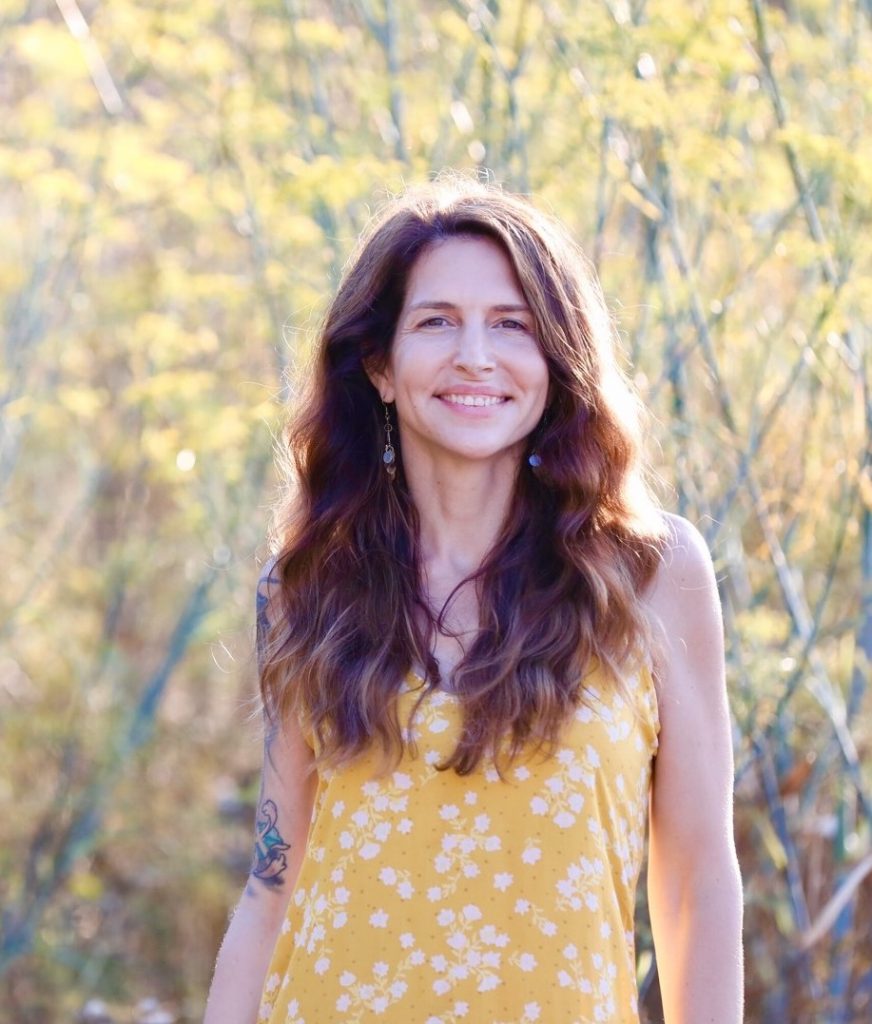While love is a magnificent gift that we can offer those around us, an even more poignant offering is the gift of our trust. Love can flow through us unabashed regardless of our wounding. Trust requires our effort.
Most people have had their trust broken many times by the time that they reach adulthood. It can seem at times as if betrayal is a necessary part of the human growth process. Once broken, trust or lack thereof hides out like a troll under a bridge. The bridge may appear safe, but no one gets across it.
I recognized recently that I had learned to trust based on a list of trustworthy vs. untrustworthy behaviors that I had created starting in childhood. Each person who stood before me would get measured based on these behaviors; those who passed would be considered trustworthy.
In truth, no one passed completely. Some did pass enough for me to say that I trusted them. However, I could feel that regardless of this initial success, I was watching them for when they finally messed up.
Once they demonstrated behavior from my untrustworthy list, I could then feel betrayed and have even more reasons why I should not trust.
What I realized is this: While it is necessary to be able to tell healthy/trustworthy behaviors from unhealthy/untrustworthy behaviors so that we can navigate this sometimes dangerous world, our trust cannot be derived solely from this type of discernment.
Why? Because even trustworthy people will at times make mistakes and choose poorly.
We cannot only trust a person if they are error-free in behavior. There is not a person out there who does not make errors in judgment. All of us will show weakness at one moment or another. All of us will choose the wrong option from the options in front of us from time to time.
We trust a person because we know without a doubt that they will try to do the right thing as much as possible, and when they don’t, they will try to course-correct as quickly as they can; this course correction is in the neighborhood of what we are capable of ourselves.
We trust them because they have learned skills such as self-reflection and making amends for their mistakes. We can trust them because we know that they put effort into personal and moral development. We trust them because their efforts are sincere.
We also should not put our trust in someone because we hope that they will act in a way that is always in alignment with how we see things—what our list of what trustworthiness looks like. We benefit from trusting another person to act in alignment with their own truth and the greater truth they are connected to.
In short, we trust someone’s willingness and capacity to be a good person to us based on how they show up to the task of being trustworthy, and we can trust another person to be true to who they are and their own ethical code of being.
However, in the end, two other types of trust end up being equally, if not more important—our trust in ourselves and our trust in the benevolence of the universe.
For more about trusting others take a look at my article >>> \”Should I Trust You: What Does a Trustworthy Person Look Like?\”

